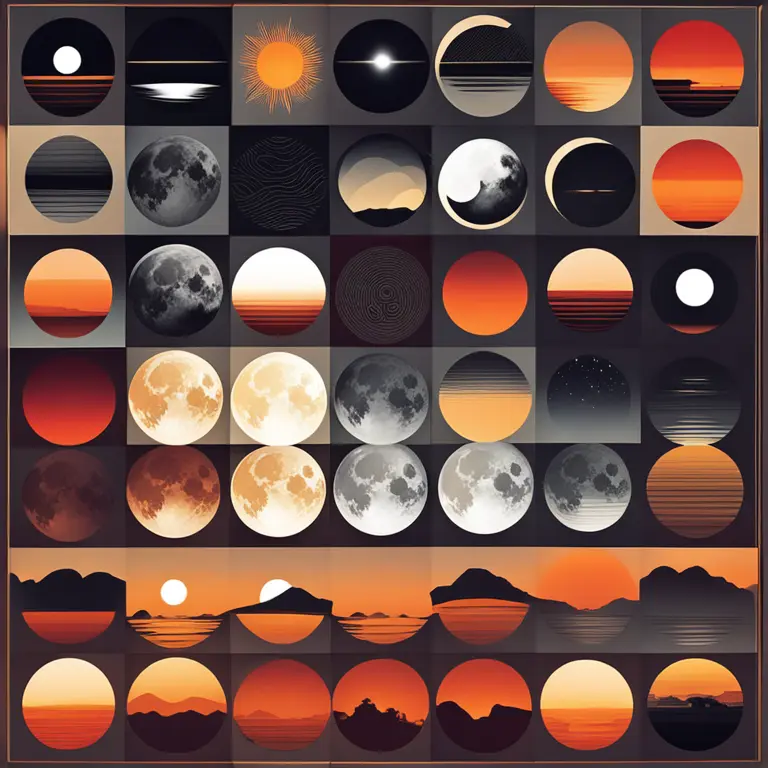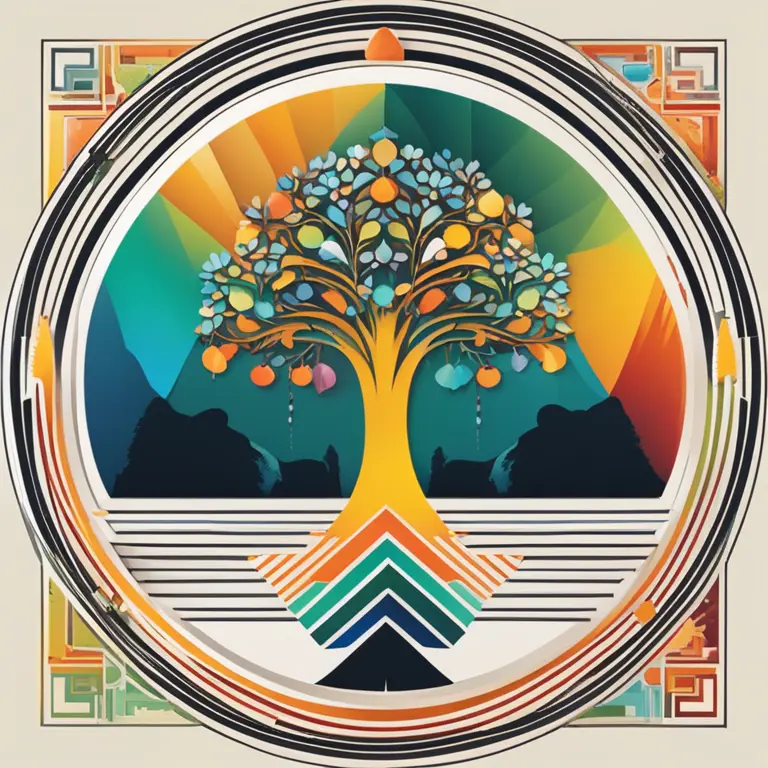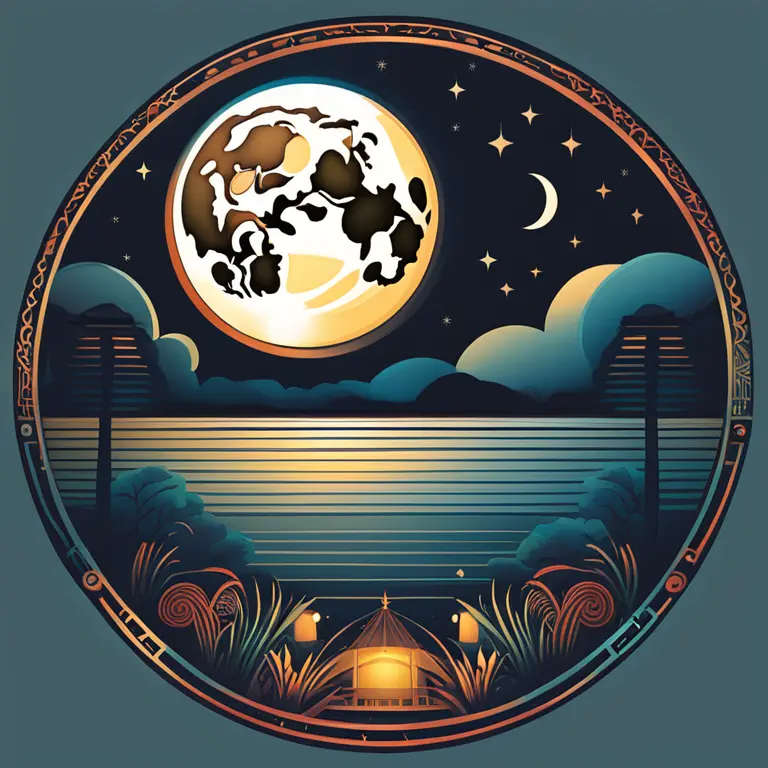
The Phases of the Full Moon: Timings and Significance
Discover the timings and significance of the full moon phase to understand how it affects the astrological and metaphysical world.
article by Priya Deshmukh
Introduction to Full Moon Phase
The full moon has long been wrapped in myth, tradition, and science, capturing the imaginations of astrologists, astronomers, and enthusiasts alike. Its brilliance in the night sky serves as a beacon, signifying the completion of one lunar cycle and the start of another. The full moon is a time of culmination, reflection, and—for some—spiritual activity. In this article, we delve into the specifics of when the full moon phase occurs and its implications in various metaphysical practices.

What is a Full Moon?
A full moon occurs when the Earth is located directly between the sun and the moon, allowing the sun's rays to fully illuminate the moon's surface. This event marks the halfway point of the lunar cycle, which lasts approximately 29.5 days. The full moon phase is not just a single night of luminosity; it extends over a few days, where the moon appears round and fully lit each night. As a symbolic moment, it represents fulfillment, the peak of energy, and often prompts introspection.

Full Moon Timings in 2024
The lunar calendar for 2024 will showcase several full moons, each with its singular timing and astrological significance. As precise times vary based on your geographic location, it is best to refer to local lunar calendars or online resources for the exact moment of the full moon. Generally, the full moon will occur approximately once a month, creating opportunities for rituals, reflection, or simply enjoying the night's enhanced brightness.

Astrological Importance
In astrology, the full moon is known to heighten emotions and highlight conflicts or issues that require resolution. Each full moon is associated with a particular zodiac sign, providing a thematic background to the energies it brings. For example, a full moon in Aries might prompt courageous actions, while one in Cancer could bring emotional security to the forefront. Astrologers often encourage individuals to align their activities with the energy of the full moon to maximize its potential benefits.

Biorhythms and the Full Moon
The concept of biorhythms suggests that our life is guided by biological cycles, and these cycles can be influenced by the lunar phases. Some believe that the full moon can affect one's physical, emotional, and intellectual rhythms, sometimes causing disturbances or heightened awareness. Notably, during the full moon phase, individuals might find themselves feeling more energetic or, conversely, more emotionally volatile. Understanding your personal biorhythm can help you navigate these lunar influences.
Compatibility and the Full Moon
Compatibility, whether romantic, platonic, or spiritual, is also thought to be influenced by lunar phases. In the bright light of the full moon, relationships can be seen more clearly, helping to decipher dynamics and synergies between individuals. Many seek to understand how the full moon's energy can bring alignment or discord to relationships, using this knowledge to foster deeper connections or to release those that no longer serve a positive purpose.
Published: 1/19/2024
Modified: 1/19/2024
More predictions
Come back here soon to learn more about yourself and your future


The Accuracy of Moon Phase Watches
Discover the precision of moon phase watches and their place in the intersection of timekeeping and celestial movements.


Are Moon Phases Universal?
Delve into the intriguing question of whether the moon phase is the same across all locations on our planet, and how this celestial phenomenon influences astrology and horoscopes.


The Mystery of Lunar Phases: What Causes Them?
Delve into the celestial mechanics behind the lunar phases and how they influence our astrological interpretations.